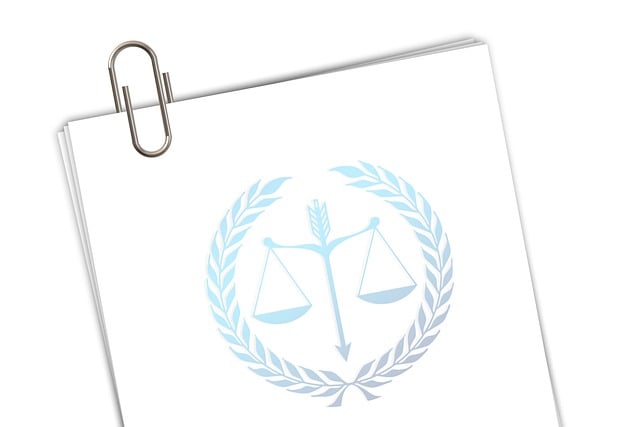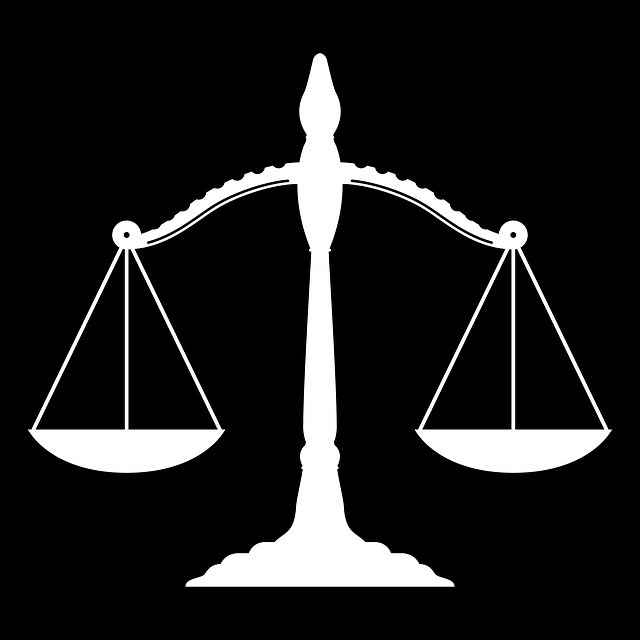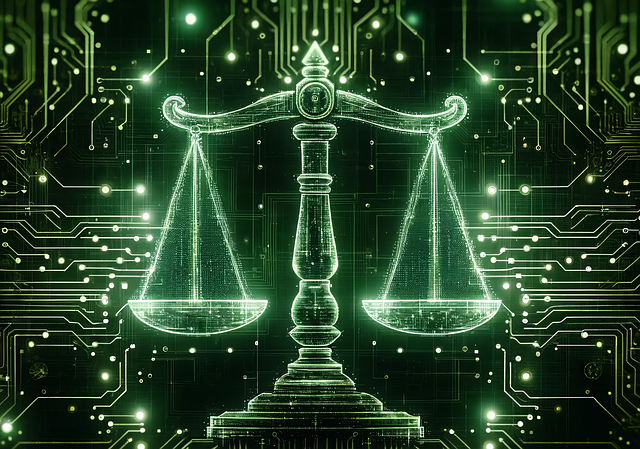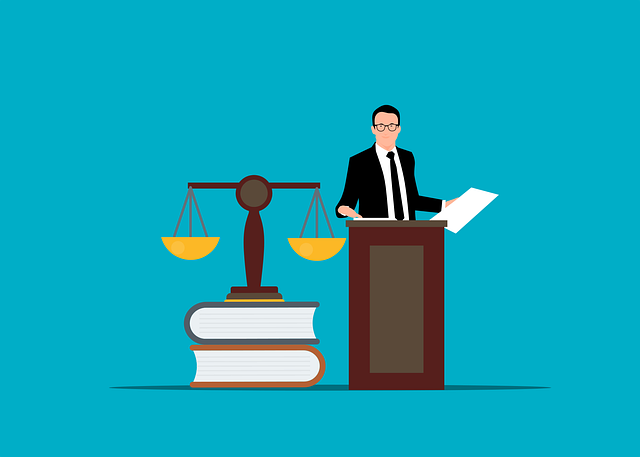Corporate crime investigations tackle financial frauds and economic crimes via strategic planning, analysis, and evidence collection. Examples of Successful Consumer Protection Lawsuits highlight the impact in safeguarding consumers. Support from communities reinforces legal frameworks, emphasizing accountability for transparent business practices. Recognizing common fraud types like Enron-style statement manipulation and bid-rigging is vital. Internal audits, combining data analytics with staff interviews, prevent white-collar offenses. Consumer protection lawsuits hold corporations accountable for misleading practices, as seen in class-action cases against retailers and tech giants. Robust legal consequences deter future misconduct, fostering ethical business environments.
Corporate Crime Investigations are a critical aspect of ensuring business integrity and accountability. This comprehensive guide delves into the intricacies of understanding, preventing, and prosecuting corporate fraud. From common types of fraud to effective internal audit strategies, we explore key elements that foster transparency. Furthermore, we present examples of successful consumer protection lawsuits, highlighting the legal framework and consequences for offenders, emphasizing the importance of robust compliance measures in today’s business landscape.
- Understanding Corporate Crime Investigations
- Common Types of Corporate Fraud
- Strategies for Effective Internal Audits
- Examples of Successful Consumer Protection Lawsuits
- Legal Framework and Consequences for Corporate Offenders
Understanding Corporate Crime Investigations

Corporate Crime Investigations delve into complex issues involving white collar and economic crimes, often requiring meticulous analysis and strategic planning. These high-stakes cases span various sectors, from finance to healthcare, with perpetrators engaging in fraud, embezzlement, and other illicit activities that harm individuals and communities. Understanding these investigations involves recognizing the intricate web of regulations, laws, and evidence collection techniques employed to expose and penalize culprits.
Successful consumer protection lawsuits serve as examples highlighting the impact of such investigations. By examining past cases, we see how consumers have been protected from unfair practices and how businesses are held accountable for their actions. Moreover, the involvement of the philanthropic and political communities in supporting robust legal frameworks underpins the importance of preventing and prosecuting corporate crimes, ensuring a fair and transparent business environment.
Common Types of Corporate Fraud

In the realm of corporate crime investigations, understanding common types of fraud is paramount. One pervasive category is financial statement manipulation, where companies distort their financial reports to mislead investors and regulatory bodies. This includes inflating revenue, hiding expenses, or fabricating assets—tactics that have led to high-stakes cases across the country. For instance, Enron’s accounting scandal in the early 2000s involved intricate off-balance sheet transactions, ultimately resulting in one of the largest corporate bankruptcies and numerous consumer protection lawsuits.
Another prevalent fraud scheme involves bid-rigging, where companies collude to fix prices or allocate contracts among themselves. This practice not only undermines fair competition but also results in significant financial losses for respective businesses and consumers alike. Examples of successful consumer protection lawsuits against such practices highlight the importance of vigilance and robust legal recourse. In high-stakes cases, these actions can lead to substantial penalties and changes in corporate governance, ensuring transparency and accountability.
Strategies for Effective Internal Audits

Effective internal audits are pivotal in identifying potential corporate crime risks and preventing white-collar and economic crimes. Strategic planning is key; auditors should consider industry-specific risks, previous internal control failures, and emerging criminal trends. By examining financial records, data analytics, and conducting interviews with staff, auditors can uncover vulnerabilities. For instance, reviews of consumer protection lawsuits, such as successful examples against fraudulent marketing practices, offer valuable insights into identifying misleading business tactics.
A comprehensive audit program should include continuous monitoring, regular reviews, and proactive risk assessments. By implementing these strategies, corporations can strengthen their internal controls, foster transparency in philanthropic and political communities, and ultimately win challenging defense verdicts by demonstrating robust compliance measures.
Examples of Successful Consumer Protection Lawsuits

Consumer protection lawsuits have become a powerful tool to hold corporate entities accountable for their actions. Some notable examples have resulted in significant victories for consumers and sent strong messages to businesses about ethical conduct. One such instance involves a class-action suit against a major retail corporation accused of misleading marketing practices. The plaintiffs argued that the company’s advertising claims were false and deceptive, leading to a settlement that included a complete dismissal of all charges against the retailer. This outcome not only provided relief to affected consumers but also established a precedent for future cases.
Another successful case highlights the impact of consumer advocacy in the digital age. A tech giant faced allegations of data breaches and privacy violations, leading to a nationwide lawsuit. The philanthropic and political communities rallied behind the cause, resulting in a substantial settlement that required the company to implement stricter data protection measures across the country. This not only compensated affected individuals but also ensured regulatory compliance, demonstrating the far-reaching consequences of corporate misconduct.
Legal Framework and Consequences for Corporate Offenders

The legal framework for corporate crime investigations is robust, designed to deter misconduct and ensure justice. Authorities employ specialized units to probe financial irregularities, fraud, and other illicit activities. The primary focus is on holding corporations accountable through criminal charges and civil lawsuits. In high-stakes cases, where companies are accused of widespread wrongdoing, the consequences can be severe. Offenders often face hefty fines, asset seizures, and even the risk of a complete dismissal of all charges if they cooperate fully with investigations.
Examples of successful consumer protection lawsuits highlight the effectiveness of these legal measures. By holding corporations accountable for their actions, these cases not only provide justice to affected individuals but also serve as deterrents for future misconduct. The potential for significant penalties and public scrutiny encourages companies to adhere to ethical standards, ensuring a more transparent and fair business environment.
Corporate crime investigations are a complex yet essential aspect of maintaining ethical business practices. By understanding the common types of fraud, implementing robust internal audit strategies, and leveraging legal frameworks, organizations can not only protect themselves but also serve as examples of successful consumer protection. The included examples of successful lawsuits highlight the importance of corporate accountability and the positive impact on consumers. Through proactive measures and a strong legal backing, businesses can ensure integrity, deter potential offenders, and foster a safer market environment.






